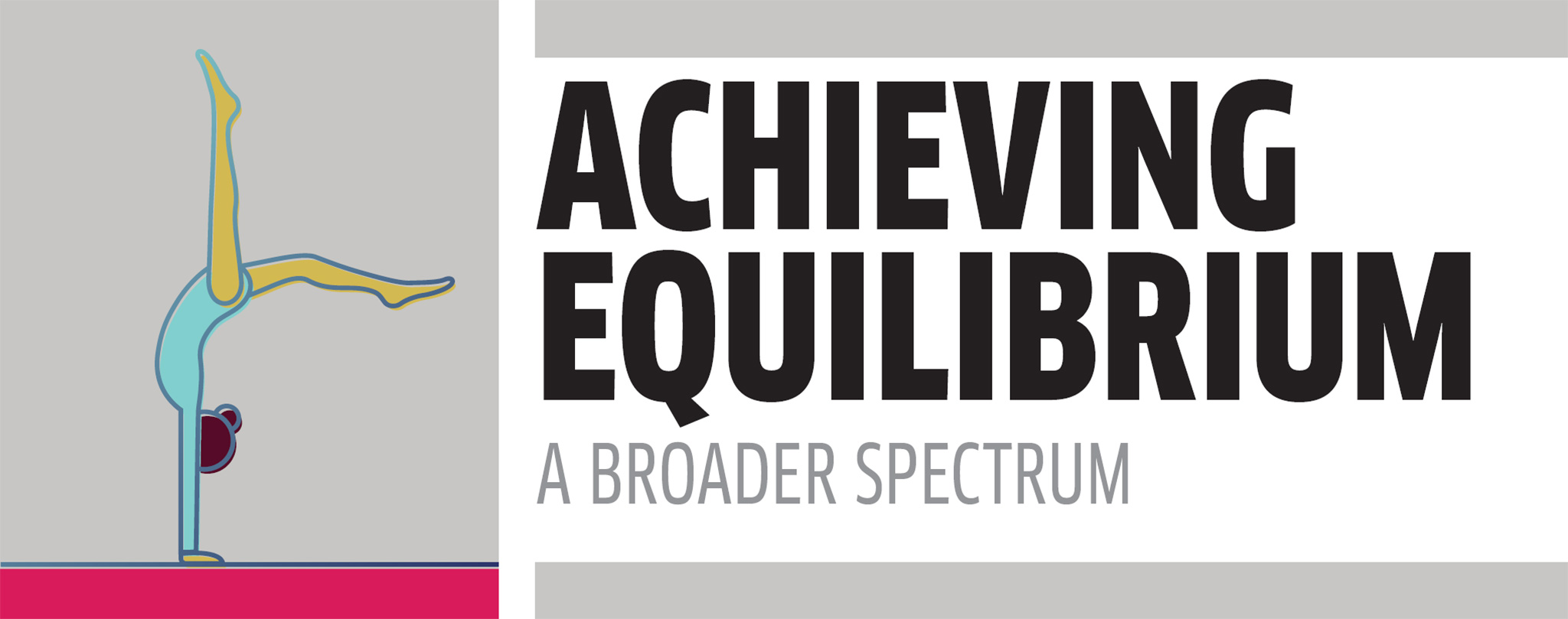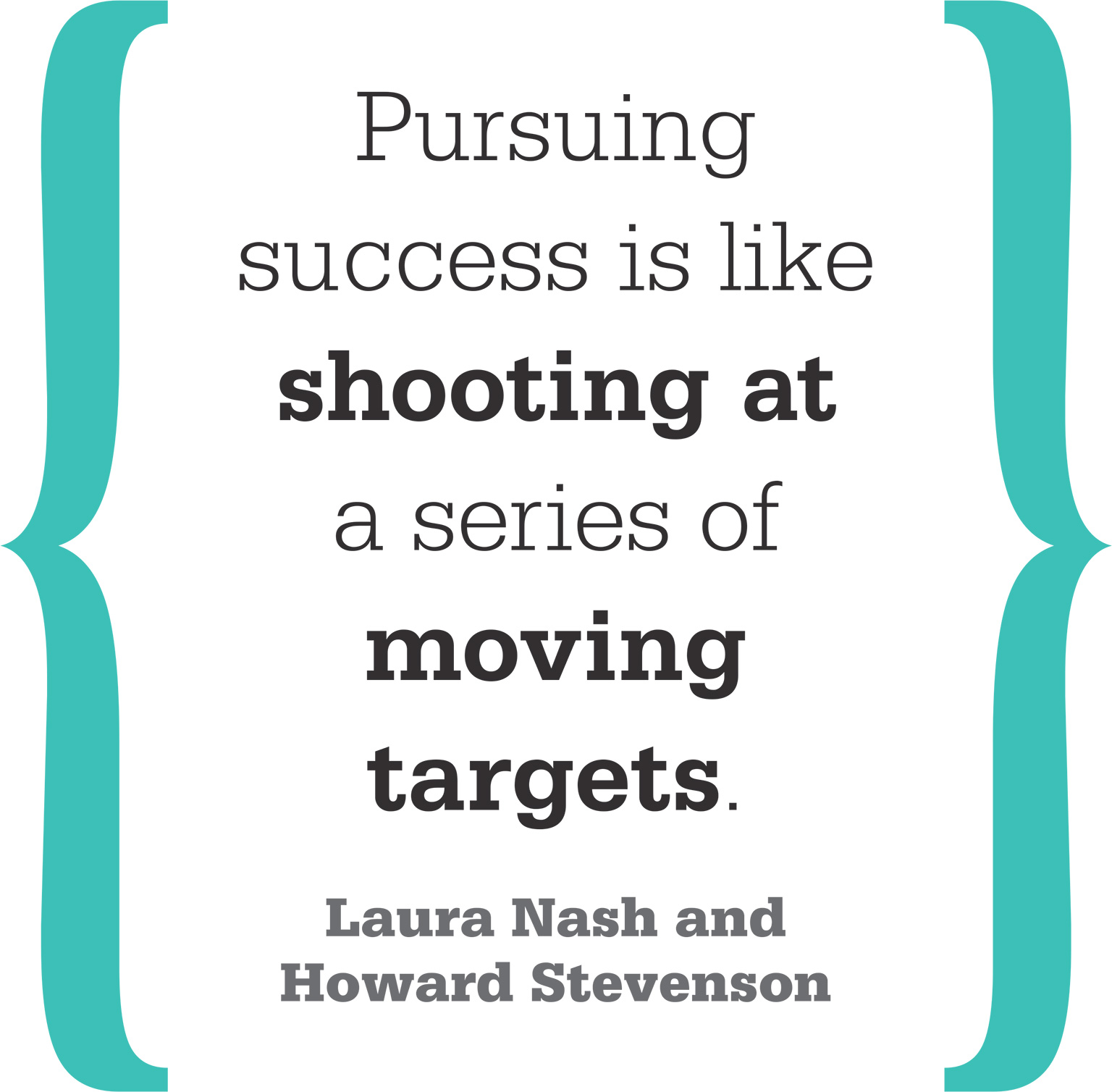
It’s one thing to choose a specific goal and go all out to achieve it. It’s another thing to assume that a single goal will satisfy all your needs—chances are, you will be seeking to achieve multiple goals simultaneously.
Look around, and chances are you’ll see the same story in a lot of places. This person has a highly lucrative career, but is bored and chafes against their “golden handcuffs”; that person has wonderful children but the nagging sense that they’re not making any mark in the wider world; this person lives a freewheeling life with many great experiences, but can’t stay anywhere long enough to find romance and feels lonely; that person works within the system and does a lot of practical good, but feels bad for compromising their youthful ideals. Sound familiar? We don’t have a one-size-fits-all framework for success, so many people end up worrying whether they’ve succeeded at all.
Enduring success
Laura Nash and Howard Stevenson, authors of Just Enough: Tools for Creating Success in Your Work and Life, have developed a model they call “enduring success,” which aims to guide people along a path that’s emotionally renewing, not a source of constant stress. The key is to recognize that everyone, no matter how goal-driven, has their own idea of what success means, and that idea will change over time as they learn from new experiences. The research identified four key components essential to truly fulfilling and lasting success: happiness, achievement, significance, and legacy (see “Lasting success,”). This is what we’d all like; Nash and Stevenson found that if you took away a single component, people found their success rang hollow. People who tell you your problems are solved if you find work you love, they argue, are missing the point. Whatever your career path, you still have complex needs, and no job can satisfy all of them. You have to accept that there is more than one area in life that needs attention, and try to keep an eye on all of them.
Exactly what does a successful life feel like? It depends on you—but focusing your efforts on just one area of life is unlikely to lead to fulfillment.

 lasting success
lasting success
Laura Nash and Howard Stevenson, academics at Harvard Business School who specialize in business ethics and entrepreneurship respectively, argue that to be truly successful we should be aiming for sustainable, enduring success throughout our lives across the four main spheres of self, family, work, and community. Within each of these spheres, we need to consider the four components of happiness, achievement, significance, and legacy:

 happy habits
happy habits
Since life is made up of days, one of the best tactics is to create a structure for each day that not only keeps us productive, but also includes a little space to check in with the nonwork aspects of our lives. Habit is a powerful motivator—much more powerful than we think. A 2007 study published in the Psychological Review, for instance, found that once we’ve established a goal, we’re more motivated day-to-day by the habits we set up to reach the goal than we are by the goals themselves.
This doesn’t mean we should forget our goals. A 2010 study found that people who regularly reflect on how they are progressing toward their goals and adjust their habits accordingly make better progress. It does, however, mean that when you’re aiming for success, daily routines supported by regular reflection can really help.


